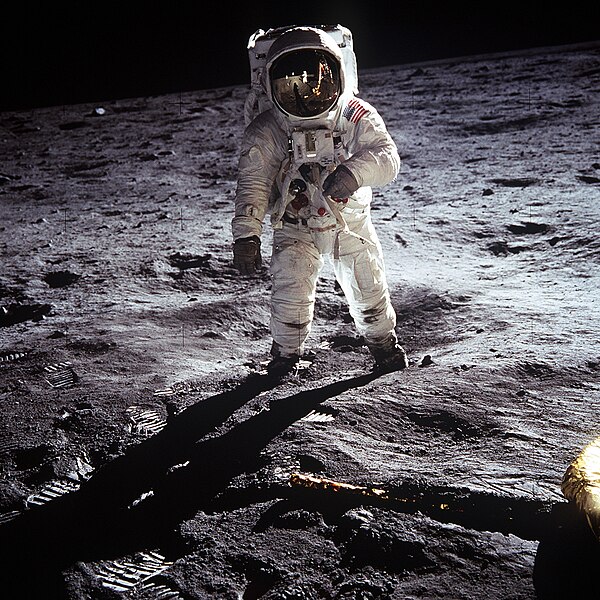Hi Mac, long time follower of this thread, and I just registered to tell you that I've been enjoying it so far but I've got a few questions.
1. What are your thoughts on "Jefferson" http://en.wikipedia.org/wiki/Jefferson_(proposed_Pacific_state)
2. Wouldn't the Karelian parts of Russia either be a separate "republic" or joined together with Finland?
3. Would the Aral Sea still exist ITTL? OTL Aral Sea has shrunken to epic small proportions.
4. Is Washington DC a state?
5. Could you explain a bit more about Britain and the Commonwealth ITTL?
6. To whom do OTL French Guiana belong to ITTL?
7. The Canadian arctic doesn't belong to Canada?
8. What's the situation in Antartica?
9. Does Argentina still claims the Falklands? Will there be a war between the Argentines and the Commonwealth at some point in the future?
10. Since there's no MLK, is there still a social rights movement in the US?
I think I've got more questions, but let's start with these 10.
Novelty,
Glad to here you have been enjoying the TL and congrats on registering (I was a long time lurker myself). Metastasis_d answered most of your questions. Here are my answers to a few others.
5. On the UK and the British Commonwealth. Since the adoption of the Comprehensive Charter of the Commonwealth (CCC) in 1961 the British Empire has been divided into a three tier system. At the top are fully independent states that still share the monarch as head of state. As of 1975 these include the UK, Ireland, Canada, Australia, New Zeeland, and South Africa. Second come the dominions who control their domestic affairs but have their foreign relations mostly managed by the UK, these include Madras, Ceylon, Burma, Malaysia, Jamaica, the Bahamas, Guyana, Cyprus, Malta, Nigeria, East Africa and the Union of Gulf Emirates. All other territories are either crown colonies or protectorates. Within the British Commonwealth the member states share military ties and free trade agreements.
8. Antarctica is explained in the 1973 update. Long story sort it is divided between 12 countries and is not demilitarized.
9. Yes Argentina still claims the Falkland islands, however a war is unlikely as the UK ITTL is far more powerful in 1975 than OTL. Plus, Argentina ITTL is a stable democracy and probably wouldn't try anything so rash. It does remain a small point of contention however between the LAR and British Commonwealth.
Let me know if you have anymore questions. Cheers!
Last edited:
